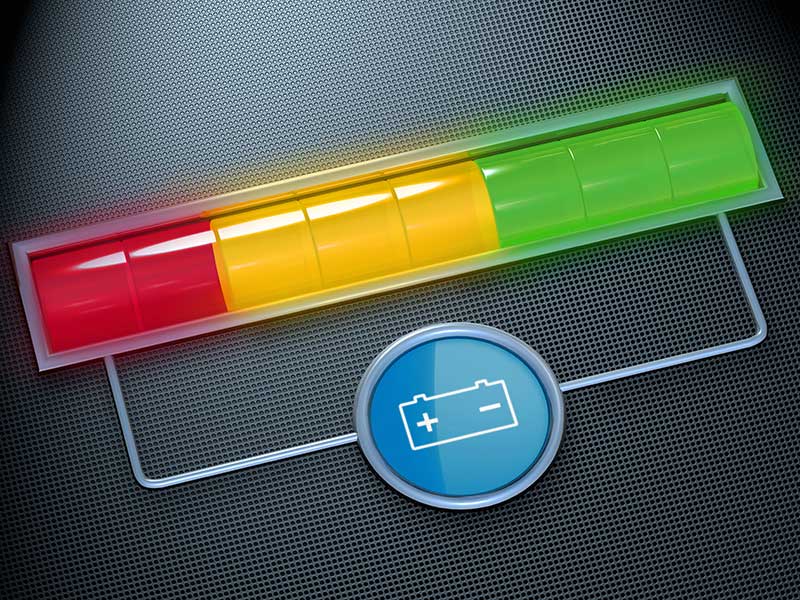GS Yuasa’s new battery set to double the range of electric vehicles by 2020
A new lithium-ion battery, currently under development by Japanese specialist GS Yuasa, could double the range of small electric vehicles while keeping manufacturing costs steady

The price of the new batteries is expected to remain inline with those currently on the market
On August 8, the Nikkei Asian Review reported Japan’s GS Yuasa is set to bring a new lithium-ion battery capable of doubling the range of small electric vehicles to mass market by 2020 – without pushing up manufacturing costs.
The batteries will be developed at the lithium energy plant in Shiga Prefecture by Lithium Energy Japan, a joint venture between GS Yuasa, Bosch and automotive manufacturer Mitsubishi. Carmakers from Japan – along with those from Europe – will be able to purchase the cells to include in their own vehicles once development is complete. It is believed the price of the new batteries will remain inline with those currently on the market.
The limited supply of fossil fuels has placed a strict time limit on the lifespan of gas and petrol powered vehicles
The limited supply of fossil fuels has placed a strict time limit on the lifespan of gas and petrol powered vehicles, with some reports even predicting the vast majority of vehicles will be electric within the next decade. A report released in May by Stanford economist Tony Seba, entitled Rethinking Transportation 2020-2030, estimated 95 percent of all miles travelled by passengers in the US would be made using self-driving electric vehicles by 2030.
Recently, the drive towards the mass-market adoption of electric vehicles has been given a boost by regulators seeking to cut pollution, with governments in the UK and France announcing legislation to ban the sale of new diesel and petrol vehicles by 2040.
However, for the road to large-scale ownership to run smoothly, electric vehicles must compete with petrol and diesel models in both journey range and cost. Cheap, long range lithium-ion batteries are crucial to this, with governments otherwise forced to redesign cities to facilitate a large network of charging stations – a task that is both difficult and extremely costly.













